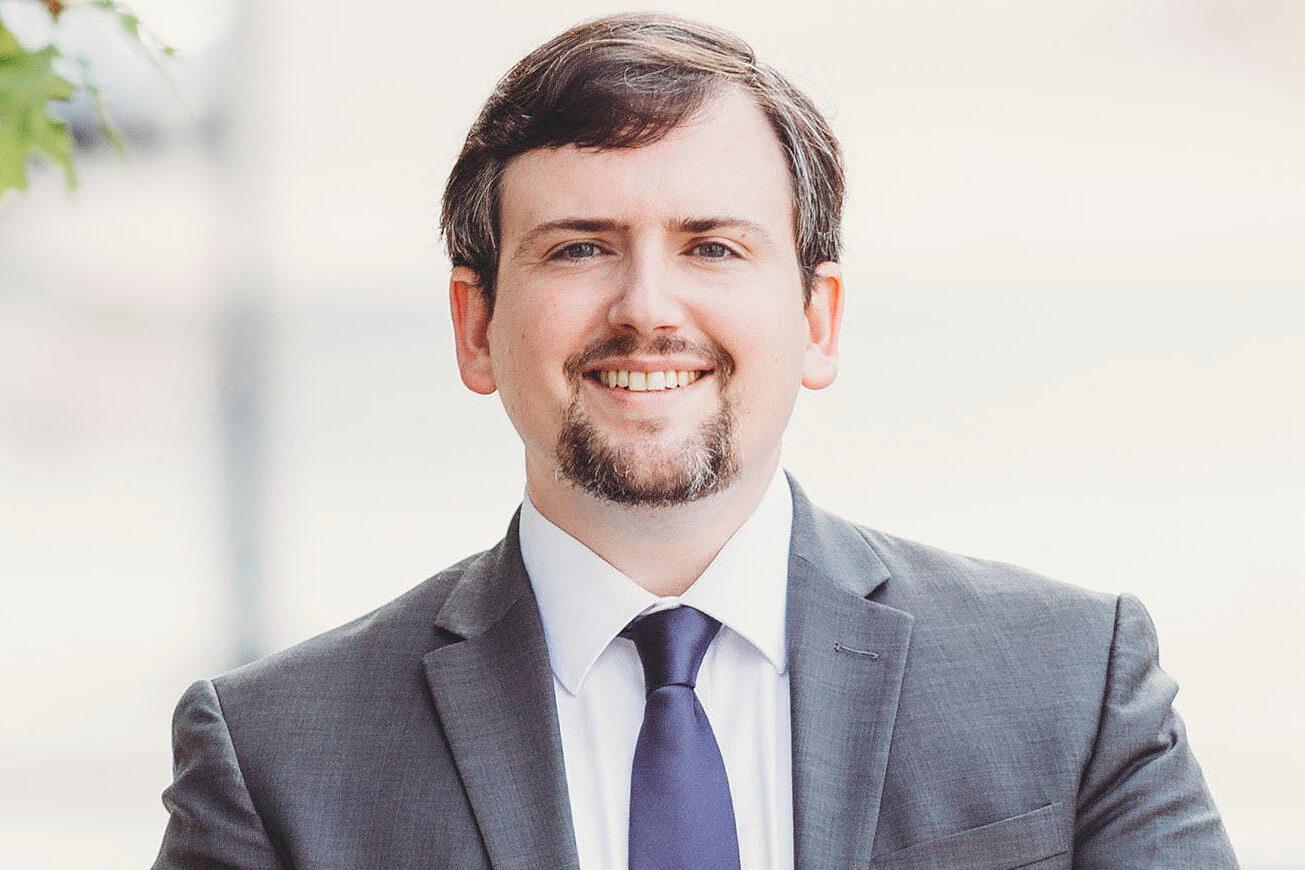On his 74th birthday, U.S. Supreme Court Justice Clarence Thomas gave the country a great gift: a Supreme Court decision recognizing that the right to “bear arms shall not be infringed” means exactly what it says.
If you haven’t heard the news, yesterday in New York State Rifle & Pistol Ass’n v. Bruen, the Supreme Court struck down New York’s scheme for carrying pistols for self-defense. New York banned the open carry of firearms and would issue concealed-carry permits only if the applicant could prove that he or she had a specialized need beyond the average citizen’s need for self-defense. I had the misfortune of being born and raised in the People’s Republic of Maryland, which also treated the Second Amendment as the red-headed stepchild of the Constitution. It all comes back to the belief that guns cause people to do bad things instead of believing that bad people cause guns to do bad things.
SEE ALSO: Alabama officials react to Supreme Court striking down restrictive New York gun control law
But in an excellent opinion that should serve as a model for how originalists ought to judge, the Supreme Court struck down New York’s scheme. As a practical matter, I think the Court’s opinion killed the licensing schemes in places like New York, Maryland, and other states where people must demonstrate a specialized need for a permit before they carry pistols for self-defense. In other words, one could say that only shall-issue concealed-carry schemes, or those even less restrictive (like constitutional carry), are constitutional.
But in addition to the victory for the Second Amendment, there was an even bigger victory yesterday: the triumph of originalism over judicial-balancing tests. If you’re not a lawyer and don’t understand what I’m talking about, here’s what I mean. For most of the 20th century, the Supreme Court did not rule on constitutional cases based on the words of the Constitution or its history, structure, or original meaning. Instead, the Court regularly used different made-up tests to balance the interests of society versus the individual. That’s exactly what the legislative process was supposed to be — not the judicial process. Judicial-balancing tests open the door to judges substituting their opinions for those of the People or their representatives.
The opposite view is called originalism. Instead of letting judges act as Platonic philosopher-kings who endlessly muse about what is good for society, originalism teaches that the law’s meaning is fixed, and judges should make decisions based on what the words say and mean at the time they are adopted. Thus, in hard cases, the place to look for the answers is history, not the judges’ subjective philosophies about how to balance competing interests.
Yesterday’s opinion marked a huge departure from judicial balancing tests towards originalism. Look at some of the key quotes from the opinion:
“[T]he standard for applying the Second Amendment is as follows: When the Second Amendment’s plain text covers an individual’s conduct, the Constitution presumptively protects that conduct. The government must then justify its regulation by demonstrating that it is consistent with the Nation’s historic tradition of firearm regulation. Only then may a court conclude that the individual’s conduct falls outside the Second Amendment’s unqualified command.” (Slip op. at 15.)
“To be sure, historical analysis can be difficult; it sometimes requires resolving threshold questions and making nuanced judgments about which evidence to consult and how to interpret it…. But reliance on history to inform the meaning of the constitutional text — especially text meant to codify a preexisting right — is, in our view, more legitimate, and more administrable, than asking judges to make difficult empirical judgments about the costs and benefits of firearm restrictions, especially given their lack of expertise in the field.” (Slip op. at 16.)
Hopefully, the late Antonin Scalia, who was the foremost champion of originalism, got a copy of this opinion in Heaven. Hopefully, he can rest a little easier knowing that a judicial philosophy that was once shared only by him and Justice Thomas has now been adopted by a majority of the Court.
In contrast, the American Bar Association, liberal Ivy League law professors, and gun-control advocates probably woke up this morning wondering if they died and went to Hell. That’s probably the only conclusion they can come to when they realized they lost not only the battle to control guns but also the battle to control the Constitution. Rest assured, my liberal friends: you haven’t. All that happened was that ordinary law-abiding citizens got the right to defend themselves, and the Supreme Court affirmed that the People, not the Court, control the Constitution’s meaning.
Matt Clark is the President of the Alabama Center for Law and Liberty, a conservative nonprofit law firm that fights for limited government, free markets, and strong families in the courts. His column appears every Friday in 1819 News. The opinions expressed in this column are those of the author. The views and opinions expressed here are those of the author and do not necessarily reflect the policy or position of 1819 News. To comment, please send an email with your name and contact information to Commentary@1819News.com.
Don’t miss out! Subscribe to our newsletter and get our top stories every weekday morning.









